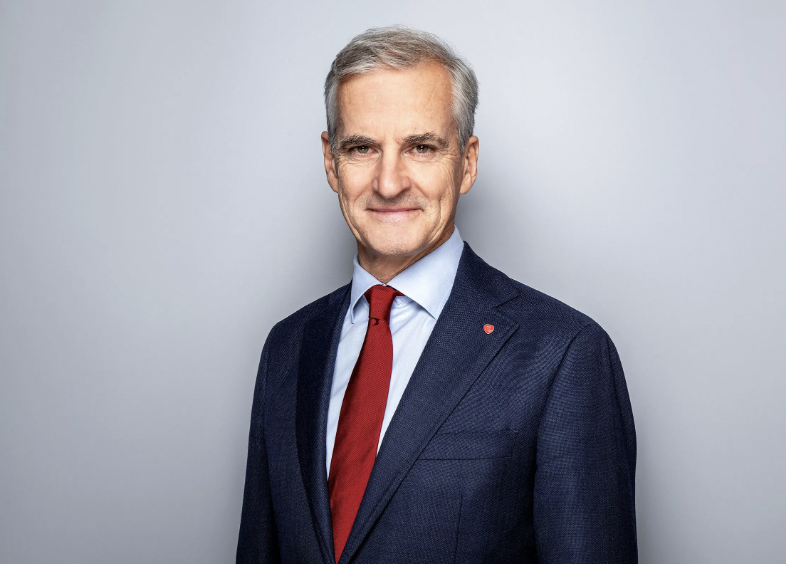Norway’s Prime Minister, Jonas Gahr Stoere, has voiced concerns over Elon Musk’s growing involvement in European political matters, calling it a troubling development.
Speaking to national broadcaster NRK on January 6, Stoere criticized Musk, the owner of X, for using his influence to meddle in the internal politics of other countries.
“I find it worrying that a man with enormous access to social media and large financial resources is so directly involved in the internal affairs of other countries. This is not how it should be between democracies and allies,” Stoere remarked. He further expressed hope that Norway’s political landscape would unite in condemning such interference if it occurred within the country.
Stoere joins a growing list of European leaders alarmed by Musk’s outspoken criticism of governments over issues like free speech and migration. Musk has singled out Germany and the UK, sparking sharp responses from their leaders. German Chancellor Olaf Scholz faced Musk’s endorsement of the Alternative for Germany (AfD) party, which Musk called “the only party that can save Germany.” Scholz dismissed the endorsement as extremist, accusing the AfD of seeking closer ties with Russia and undermining transatlantic relations.
Meanwhile, in the UK, Musk has targeted Prime Minister Keir Starmer, accusing him of failing to protect British children from knife crime and alleging negligence in prosecuting grooming gangs during his tenure as Director of Public Prosecutions. Musk claimed on X that “Starmer is complicit in the crimes.” Starmer was expected to address these accusations on January 6.
Musk’s commentary hasn’t spared Reform UK leader Nigel Farage either. Musk recently dismissed Farage as lacking the leadership qualities needed for political reform. Farage responded by linking the criticism to his refusal to align with controversial jailed journalist Tommy Robinson, maintaining, “Elon is a remarkable individual, but on this, I’m afraid I disagree. I never sell out my principles.”
As Musk continues to stir controversy across Europe, leaders like Stoere are left questioning the boundaries of his influence in democratic systems.




